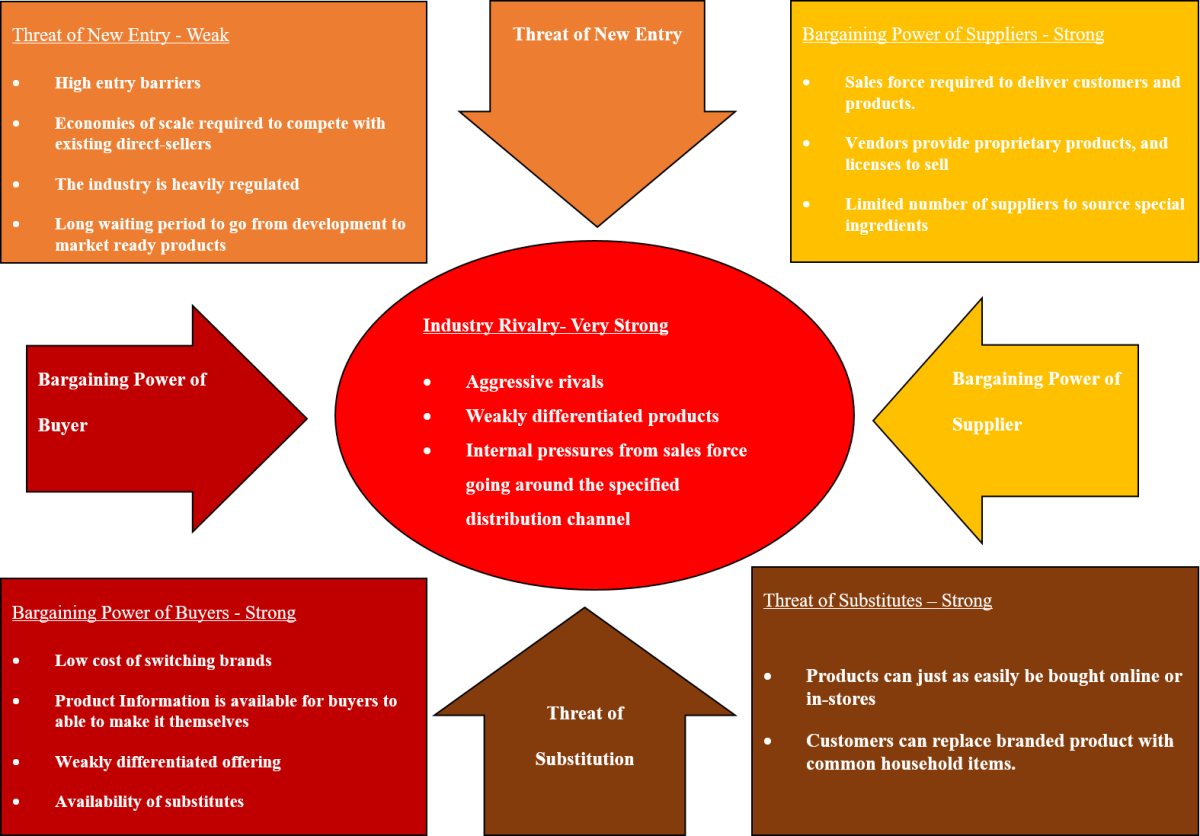Business Strategy: Is the First to Move the First to Score?

This article examines the business strategy of being a first mover in a market. First, the article defines what a first-mover advantage is. The second section looks at the existence of first-mover advantages. The third section discusses the magnitude of a first-mover advantage and the fourth section examines the results of a first-mover advantage. Finally, a summary is given.
What is a First-Mover Advantage?
In the strategy literature, there is considerable agreement regarding what a first mover is. Generally, a first mover is the first firm to offer a distinctively new product or service to a market. The literature has murkiness when it comes to defining first-mover advantage. Two definitions seem to stand out. Michael Porter in his book Competitive Advantage defines the advantage as improving a firm's position by capturing sustainable sources of cost advantage or differentiation. Robert Grant in his book Contemporary Strategy Analysis views the first-mover advantage as the gaining of resources and capabilities by the first-mover that a follower cannot match. By merging the two definitions and simplifying the language, a good definition of first-mover advantage appears. This article will define first-mover advantage as what results when a firm introduces a new product or service into a market that improves and sustains the market position of the firm and improves the firm itself.
Do First-Mover Advantages Exist?
The strategy literature has shown that first-mover advantage does not exist for some industries.1 One industry where first-mover advantage does exist is in banking2 but, in comparison to all other industries, advantage is less likely to exist in the service industries.3 So under what conditions does first-mover advantage exist?
The type of market is a key determinant of when a first-mover advantage may exist. In consumer markets, first-mover advantage exists when purchase quantities are low. However, in commercial markets, as purchase quantities rise, so does the first-mover advantage.4 It has also been shown that first-mover advantage is more pronounced in emerging international markets.5
How Great is the First-mover Advantage?
There are several factors involved in increasing the magnitude of the first-mover advantage. First, the lower the frequency consumers buy a product, the greater the advantage for the firm introducing the product.6 Second, if the introduction of the new product is due to technological change, first-mover advantage will be greater if the technology is part of the manufacturing process rather than embedded inside the product itself.7 The exception to this is when new technology inside the product enhances product performance then a differentiation advantage may exist.1 Finally, first-movers in high-growth industries seem to have more advantage than first-movers in slow-growth industries.5 It is easy to see at this point the the magnitude of the first-mover advantage is affected by many factors.
What Are the Outcomes of First-Mover Advantage?
The first outcome from a first-mover advantage is higher quality products and broader product lines.1,4 However, this quality does not have to remain constant and may, in fact, deteriorate over time. Thus, a firm having the higher quality products would want to differentiate itself from competitors and maximize profits as soon as possible. When consumer preferences in the product differ little, the first-mover can capture the greatest market share.8 However, when consumer preferences differ greatly and along multiple dimensions, the first mover might end up at a disadvantage.

So What Does All This Mean?
In a nutshell, first-mover advantages do not always exists and, if they exist, the advantages could be small or great. Several factors determine existence and size of the advantage. These factors include the type of industry, consumer behavior, type of product, and how new technology is used. First-mover advantage is not always a sure thing and in some cases, could turn into disadvantage.
Visit Kairos Advising & Consulting for More Great Information
Other Strategy Articles
- Business Strategy: You Can't Play Baseball Blindfo...
Strategy is a life or death issue for organizations. Without strategy an organization has no sense of what actions to take. - Business Strategy: The Three Management Layers
This article discusses the three levels of strategy that a business should develop. It also discusses who and what is involved at each level. - Business Strategy: "This Is a Football", Part 1
This article is the first in a series on developing a strategy. Developing a good mission statement forms the basis for everything the firm does.
Footnotes
1Kerin, R. A., Varadarajan, P. R., & Peterson, R. A. (1992). First-mover advantage: A synthesis, conceptual framework, and research propositions. Journal of Marketing, 56, 33-52.
2Makadok, R. (1998). Can first-mover and early-mover advantages be sustained in an industry with low barriers to entry/imitation? Strategic Management Journal, 19, 683-696.
3Ketchen, D. J., Snow, C. C., & Street, V. L. (2004). Improving firm performance by matching strategic decision-making processes to competitive dynamics. Academy of Management Executive, 18(4), 29-44.
4Robinson, W. T. (1988). Sources of market pioneer advantages: The case of industrial goods industries. Journal of Marketing Research, 25, 87-94.
5Cui, G., & Lui, H. (2005). Order of entry and performance of multinational corporations in an emerging market: A contingent resource perspective. Journal of International Marketing, 13(4), 28-56.
6Porter, M. E. (1983). The technological dimension of competitive strategy. In R. Rosenbloom (Ed.), Research on technological innovation, management and policy (pp. 1-33). Greenwich, CT.
7Christensen, C. M., Suarez, F. F., & Uttervack, J. M. (1998). Strategies for survival in fast-changing industries. Management Science, 44(12), 207-219.
8Rhee, B. (2006). First-mover disadvantages with idiosyncratic consumer tastes along unobservable characteristics. Regional Science and Urban Economics, 36, 99-117.








